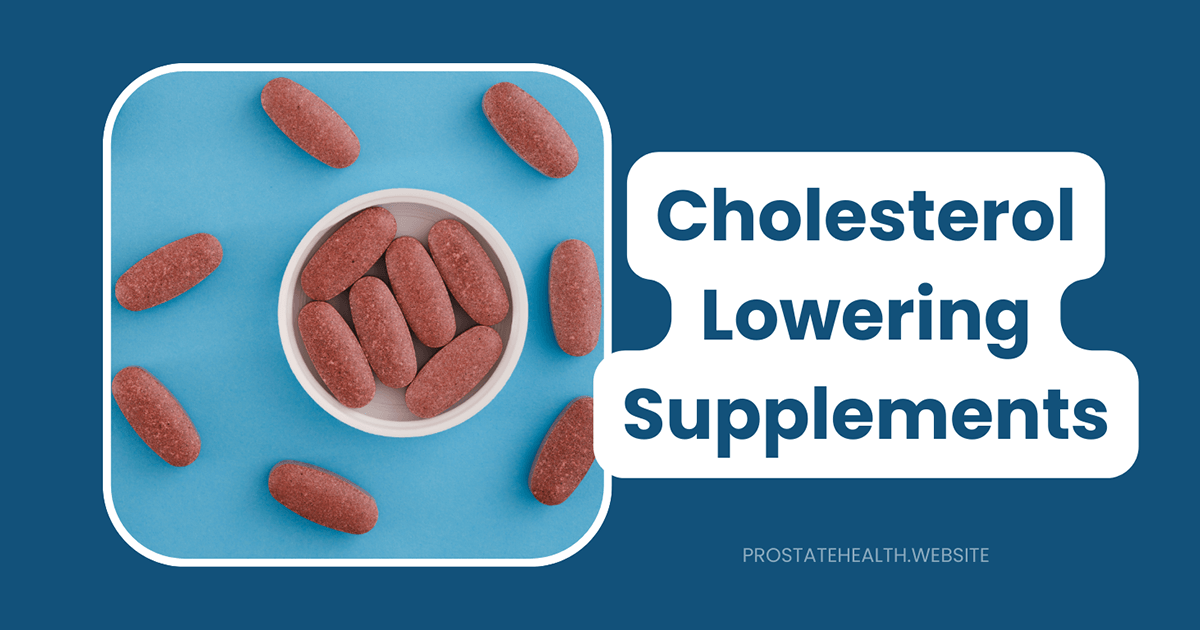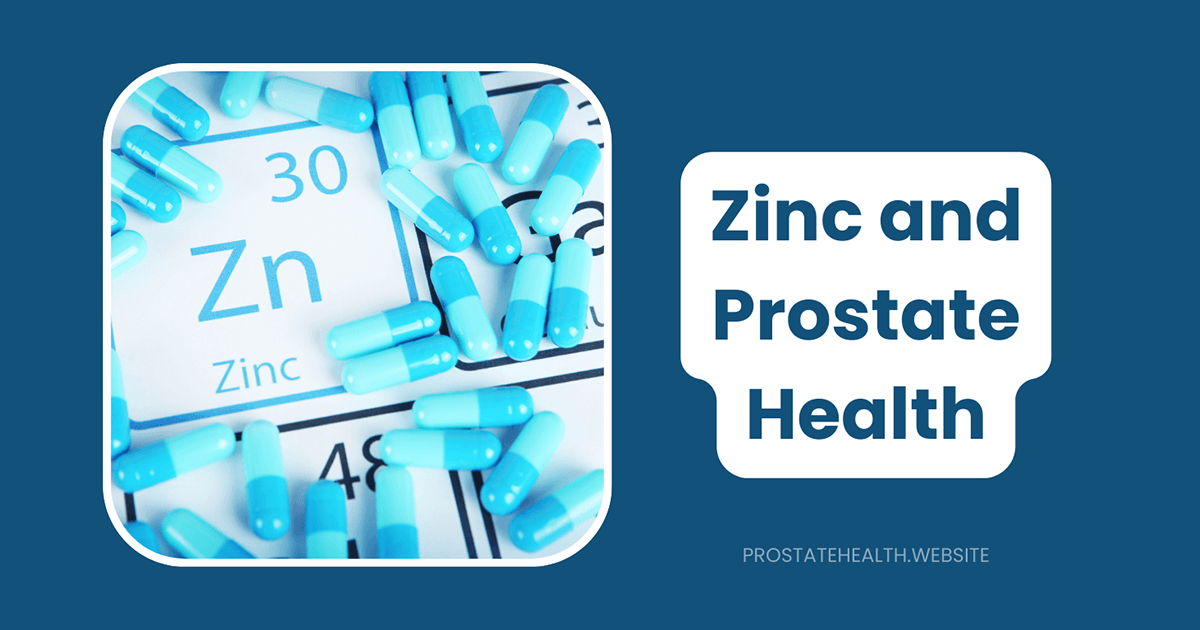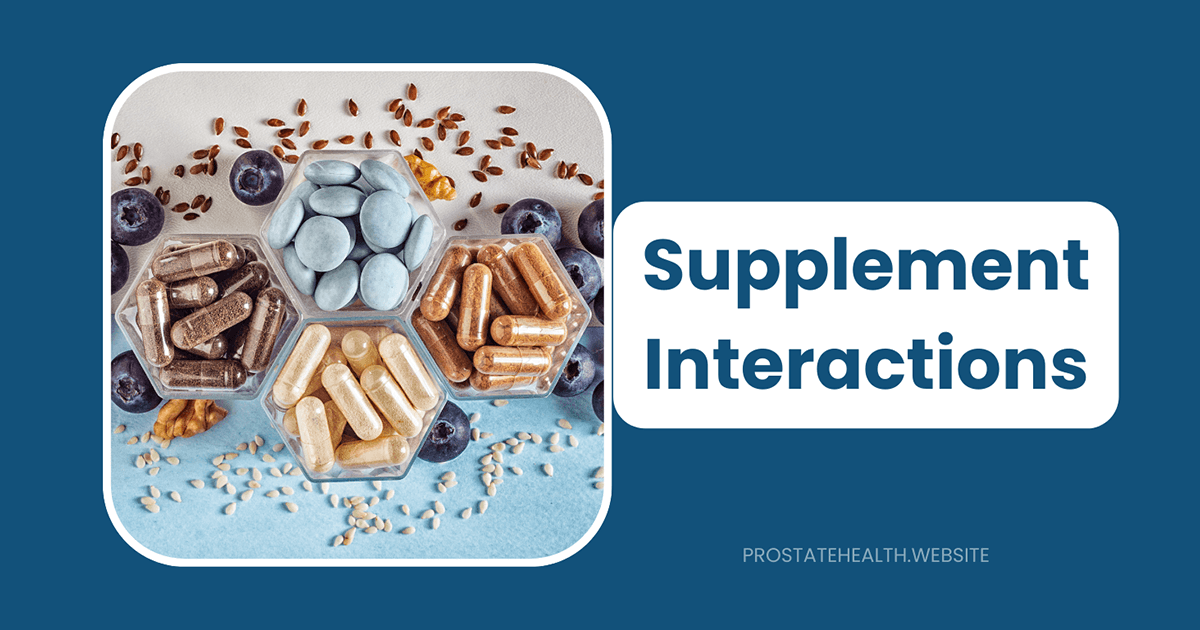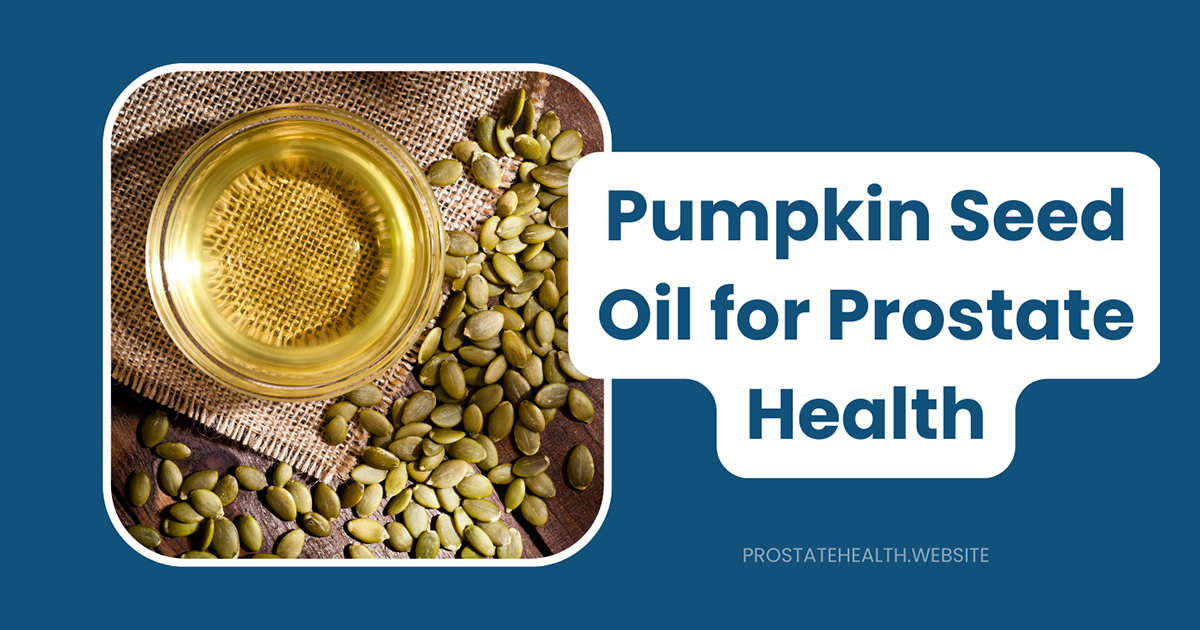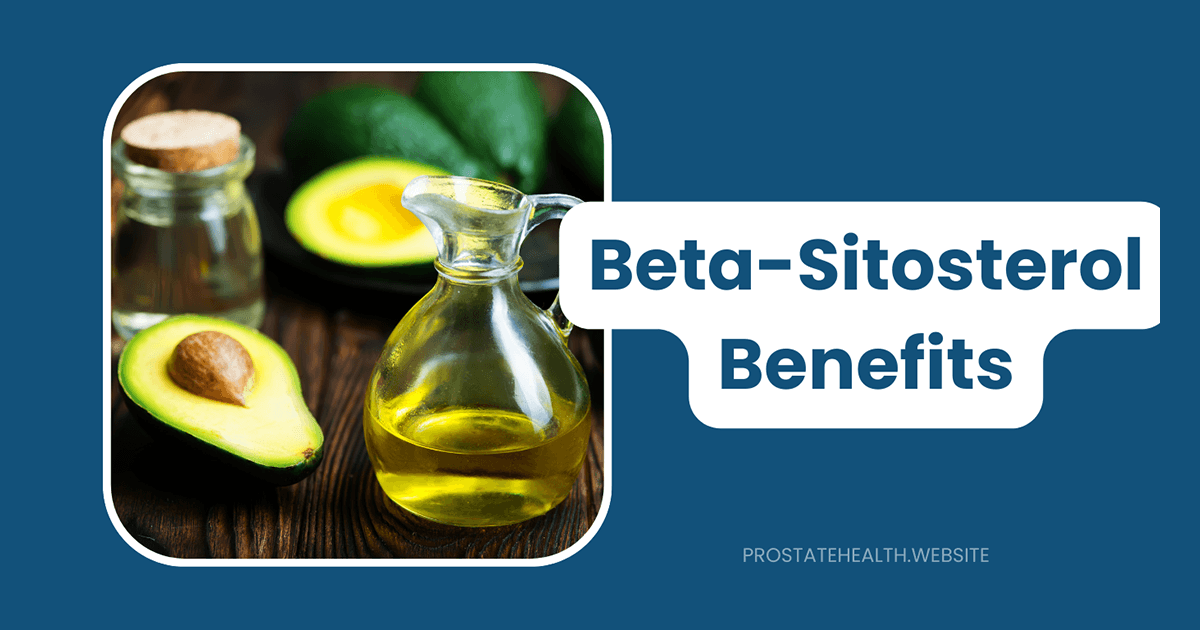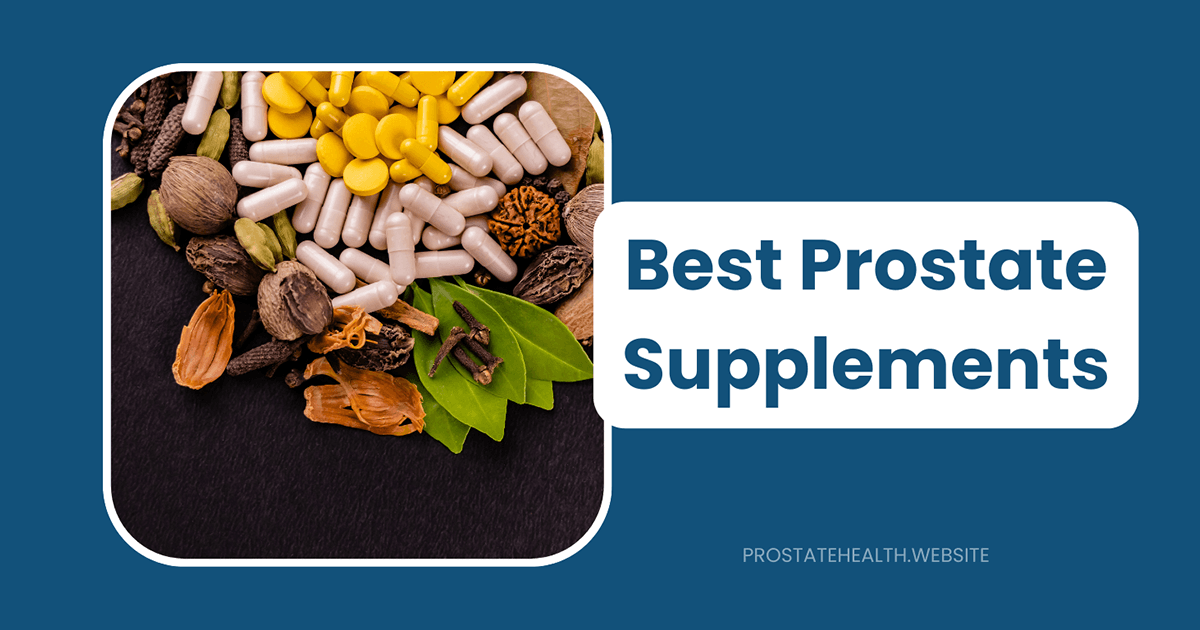Green Tea Extract and Prostate Health: What the Research Shows
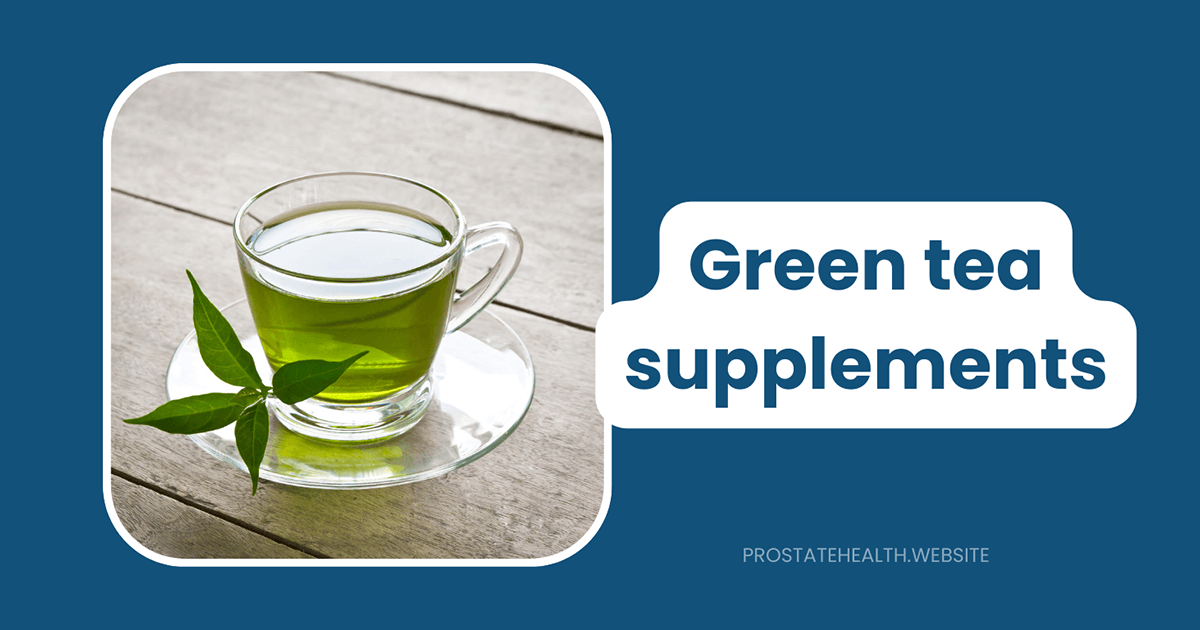
When I first began researching natural approaches to prostate health after my own elevated PSA reading at age 50, green tea quickly emerged as one of the most intriguing options. The idea that something as simple and accessible as tea could potentially help protect against one of the most common cancers affecting men seemed almost too good to be true.
Yet the scientific literature on green tea and prostate health has grown substantially over the past two decades, with laboratory studies, animal research, and human clinical trials all contributing to our understanding of how this ancient beverage might benefit the modern man.
In this comprehensive guide, I’ll explore what the latest research tells us about green tea extract and prostate health—from the molecular mechanisms that may help prevent cancer development to the clinical evidence for its effectiveness. I’ll also address practical considerations like dosage, safety, and how green tea extract compares to simply drinking green tea.
My goal is to provide you with evidence-based information that helps you make informed decisions about incorporating green tea into your prostate health strategy, whether you’re looking to prevent problems or support your health after a diagnosis.
Understanding Green Tea: Composition and Active Compounds
Before diving into the research on prostate health specifically, it’s important to understand what makes green tea unique and potentially beneficial.
What Makes Green Tea Special?
Green tea comes from the same plant as black and oolong teas—Camellia sinensis—but undergoes minimal oxidation during processing, which preserves its natural polyphenols. These polyphenols, particularly a class called catechins, are believed to be responsible for many of green tea’s health benefits.
The four primary catechins in green tea are:
- Epigallocatechin-3-gallate (EGCG): The most abundant and biologically active catechin, comprising 50-80% of the total catechin content
- Epigallocatechin (EGC)
- Epicatechin gallate (ECG)
- Epicatechin (EC)
Of these, EGCG has received the most scientific attention for its potential health benefits, including its effects on prostate health.
Green Tea Extract vs. Brewed Tea
Green tea extract is a concentrated form of green tea that typically contains higher levels of catechins than brewed tea. While a typical cup of brewed green tea contains about 50-100 mg of EGCG, green tea extract supplements may contain 300-400 mg or more per capsule.
This concentration allows for higher doses of the active compounds but also raises questions about safety and optimal dosing, which we’ll address later in this article.
The Epidemiological Connection: Population Studies on Green Tea and Prostate Cancer
Some of the earliest evidence suggesting a link between green tea and prostate health came from population studies, particularly those comparing prostate cancer rates in Asian countries (where green tea consumption is high) to Western countries.
Geographic Variations in Prostate Cancer Rates
Prostate cancer incidence varies dramatically around the world, with the highest rates in North America, Western Europe, and Australia, and much lower rates in Asian countries like Japan and China. While many factors likely contribute to these differences, dietary patterns—including tea consumption—have been suggested as potential contributors.
A 2023 meta-analysis published in the journal Medicine examined 21 epidemiological studies and found that higher green tea consumption was associated with a reduced risk of prostate cancer. The analysis suggested a dose-response relationship, with the greatest risk reduction observed in men consuming more than 7 cups of green tea per day.
Limitations of Epidemiological Evidence
While these population studies are intriguing, they have important limitations:
- They show correlation, not causation
- They can’t control for all potential confounding factors
- Tea consumption is often self-reported and may be inaccurate
- Cultural and genetic differences between populations may account for some of the observed differences in cancer rates
These limitations highlight the need for more controlled studies to determine whether green tea truly has protective effects against prostate cancer.
Laboratory Evidence: How Green Tea Affects Prostate Cancer Cells
Laboratory studies have provided valuable insights into the potential mechanisms by which green tea—particularly EGCG—might influence prostate cancer development and progression.
Cell Growth Inhibition and Apoptosis
Multiple studies have demonstrated that EGCG can inhibit the growth of prostate cancer cells and induce apoptosis (programmed cell death) in these cells. A 2024 study published in the Journal of Nutritional Biochemistry found that EGCG treatment of human prostate cancer cell lines resulted in:
- Decreased cell proliferation
- Increased expression of pro-apoptotic proteins (Bax, caspase-3)
- Decreased expression of anti-apoptotic proteins (Bcl-2)
- Cell cycle arrest at the G1 phase
These effects appear to be selective, with cancer cells being more sensitive to EGCG than normal prostate cells.
Androgen Receptor Signaling
The androgen receptor (AR) pathway plays a crucial role in prostate cancer development and progression. Research indicates that EGCG can inhibit this pathway through several mechanisms:
- Decreasing AR expression
- Inhibiting AR nuclear translocation
- Reducing levels of prostate-specific antigen (PSA), an AR-regulated gene
A 2023 study in Molecular Cancer Therapeutics demonstrated that EGCG treatment significantly reduced AR activity in both androgen-dependent and androgen-independent prostate cancer cell lines.
Anti-Inflammatory and Antioxidant Effects
Chronic inflammation and oxidative stress are believed to contribute to prostate cancer development. Green tea catechins have demonstrated both anti-inflammatory and antioxidant properties:
- EGCG inhibits NF-κB, a key regulator of inflammatory responses
- Green tea catechins scavenge reactive oxygen species (ROS)
- EGCG upregulates antioxidant enzymes like superoxide dismutase and catalase
These effects may help create an environment less conducive to cancer initiation and progression.
Epigenetic Modifications
Emerging research suggests that EGCG may also influence prostate cancer through epigenetic mechanisms—changes that affect gene expression without altering the DNA sequence itself. These include:
- DNA methylation changes
- Histone modifications
- Regulation of microRNAs
A 2025 study published in Epigenetics found that EGCG treatment of prostate cancer cells resulted in demethylation and reactivation of several tumor suppressor genes that are often silenced in prostate cancer.
Animal Studies: Green Tea’s Effects in Prostate Cancer Models
Laboratory findings have been complemented by studies in animal models, which provide insights into how green tea might affect prostate cancer in a living organism.
The TRAMP Mouse Model
Many studies have used the Transgenic Adenocarcinoma of the Mouse Prostate (TRAMP) model, which spontaneously develops prostate cancer similar to human disease. These studies have shown promising results:
- Oral administration of green tea polyphenols (GTP) to TRAMP mice significantly reduced tumor incidence and burden
- GTP treatment delayed the onset of prostate cancer in these mice
- Higher doses of GTP (equivalent to a human consuming 6 cups of green tea daily) showed greater protective effects
A particularly notable study published in Cancer Research found that TRAMP mice receiving Polyphenon E (a standardized green tea extract) at doses of 200-500 mg/kg daily had significantly reduced tumor growth and metastasis compared to control mice.
Effects on Metastasis
Green tea catechins have also shown anti-metastatic effects in animal models. Treatment with EGCG has been found to:
- Reduce the expression of matrix metalloproteinases (MMPs), enzymes involved in cancer cell invasion
- Decrease levels of vascular endothelial growth factor (VEGF), which promotes angiogenesis
- Inhibit epithelial-to-mesenchymal transition (EMT), a process important for cancer cell migration
These findings suggest that green tea might not only help prevent prostate cancer initiation but could also slow its progression and spread.
Clinical Evidence: Human Studies on Green Tea and Prostate Health
While laboratory and animal studies provide mechanistic insights, human clinical trials are essential for determining whether green tea truly benefits prostate health in men.
Prevention Studies
Several clinical trials have investigated whether green tea extract can prevent prostate cancer or its progression:
The Bettuzzi Study (2006)
One of the most frequently cited studies was conducted by Bettuzzi and colleagues in Italy. This one-year, double-blind, placebo-controlled trial involved 60 men with high-grade prostatic intraepithelial neoplasia (HGPIN), a precancerous condition.
- Participants received either 600 mg of green tea catechins daily or a placebo
- After one year, only 3% of men in the green tea group developed prostate cancer, compared to 30% in the placebo group
- The green tea group also showed improvements in urinary symptoms and quality of life
The Kumar Study (2015)
A larger randomized, placebo-controlled trial conducted by Kumar and colleagues examined the effects of Polyphenon E (containing 400 mg of EGCG) in 97 men with HGPIN or atypical small acinar proliferation (ASAP).
- The primary endpoint showed no significant difference in prostate cancer rates between the two groups
- However, a secondary analysis found a significant reduction in the combined rate of prostate cancer plus ASAP in men with HGPIN at baseline
- The Polyphenon E group also showed a decrease in serum PSA levels
Intervention Studies in Men with Prostate Cancer
Other studies have examined the effects of green tea in men already diagnosed with prostate cancer:
The McLarty Study (2009)
This phase II trial administered Polyphenon E (800 mg EGCG daily) to 26 men scheduled to undergo radical prostatectomy.
- After 3-6 weeks of treatment, serum PSA levels decreased by an average of 10.4%
- Significant reductions were observed in several biomarkers of inflammation and oxidative stress
- EGCG was detected in prostate tissue samples, confirming that it reaches the target organ
The Henning Study (2015)
This study compared the effects of green tea, black tea, and water consumption in men with prostate cancer before radical prostatectomy.
- Men consuming green tea (6 cups daily) showed reduced inflammation in prostate tissue
- Decreased growth of prostate cancer cells was observed
- Beneficial changes in the expression of genes related to cancer progression were noted
Mixed Results and Limitations
It’s important to note that not all clinical studies have shown positive results. A 2023 Cochrane Review analyzing three randomized controlled trials found no statistically significant difference in PSA levels between men taking green tea extract and those receiving placebo.
Several factors may contribute to these mixed results:
- Variations in study design and duration
- Different formulations and doses of green tea extract
- Genetic differences in study populations
- Timing of intervention (prevention vs. treatment)
- Small sample sizes in many studies
Dr. Nagi Kumar, a leading researcher in this field, notes: “The evidence suggests that green tea catechins may be more effective for prevention than treatment, and that higher doses and longer durations of use may be necessary to see significant benefits.”
The Gut Microbiome Connection: A New Frontier
Recent research has uncovered an intriguing connection between green tea, the gut microbiome, and prostate health that may help explain some of the observed effects.
How the Gut Microbiome Influences Green Tea’s Effects
The gut microbiome plays a crucial role in metabolizing green tea catechins and may influence their bioavailability and effects:
- Certain gut bacteria can convert catechins into more bioactive metabolites
- The microbiome can affect how long catechins remain in the body
- Individual variations in gut microbiota may explain different responses to green tea
A 2025 study published in the Journal of Nutritional Biochemistry found that men with specific gut microbiome profiles showed greater reductions in inflammatory markers after green tea consumption compared to men with different microbiome compositions.
Green Tea’s Effects on the Gut Microbiome
Conversely, green tea consumption can also influence the gut microbiome:
- EGCG has been shown to increase the abundance of beneficial bacteria like Bifidobacterium
- Green tea polyphenols may reduce populations of potentially harmful bacteria
- These changes in gut microbiota can lead to increased production of short-chain fatty acids (SCFAs), which have anti-inflammatory effects
This bidirectional relationship between green tea and the gut microbiome represents an exciting area for future research and may lead to more personalized approaches to using green tea for prostate health.
Safety and Dosage: Finding the Right Balance
While green tea has shown promise for prostate health, questions remain about optimal dosing and safety considerations.
Safety Profile of Green Tea and Green Tea Extract
Green tea consumed as a beverage has an excellent safety profile, with few adverse effects reported even with high consumption (8-10 cups daily).
Green tea extract supplements, however, have been associated with some safety concerns:
- Liver toxicity has been reported with some green tea extract supplements, particularly when taken on an empty stomach
- The caffeine content may cause side effects in sensitive individuals
- Potential interactions with certain medications, including blood thinners and some chemotherapy drugs
A 2023 safety review published in Food and Chemical Toxicology recommended a safe intake level of 338 mg EGCG per day for adults consuming green tea extract as a supplement, and 704 mg EGCG per day when consumed in beverage form.
Recommended Dosages Based on Current Evidence
Based on the available research, the following dosage guidelines may be considered:
For Green Tea (Beverage):
- 3-5 cups daily (providing approximately 200-500 mg of catechins)
- Steep for 3-5 minutes to maximize catechin extraction
- Consider adding a small amount of lemon juice, which may enhance catechin stability and absorption
For Green Tea Extract (Supplements):
- 300-800 mg of total catechins daily (standardized to contain at least 50% EGCG)
- Take with food to reduce the risk of liver toxicity
- Consider divided doses rather than a single large dose
Dr. Steven Clinton, Professor of Internal Medicine at Ohio State University, advises: “For most men interested in prostate health, starting with regular consumption of green tea as a beverage is a reasonable approach. Those considering supplements should discuss this with their healthcare provider, particularly if they have existing health conditions or take medications.”
Who Should Exercise Caution
Certain individuals should be particularly cautious about green tea extract supplements:
- Men with liver disease or a history of liver problems
- Those taking medications that affect the liver
- Individuals with heart conditions or high blood pressure (due to caffeine content)
- Men undergoing certain cancer treatments (potential interactions)
- Those with iron-deficiency anemia (green tea may reduce iron absorption)
Green Tea Extract vs. Brewed Tea: Which Is Better for Prostate Health?
A common question is whether green tea extract supplements offer advantages over simply drinking green tea. The answer depends on several factors:
Bioavailability Considerations
Research on bioavailability has shown mixed results:
- Some studies suggest that the bioavailability of catechins from supplements may be lower than from brewed tea
- However, the higher concentration in supplements may compensate for lower bioavailability
- Taking supplements with food containing fat may enhance absorption
A 2024 pharmacokinetic study published in the British Journal of Nutrition found that plasma concentrations of EGCG were similar after consumption of either 2 cups of green tea or a 200 mg EGCG supplement taken with a meal.
The Whole Food Advantage
Brewed green tea offers several potential advantages over isolated extracts:
- Contains a complex mixture of compounds that may work synergistically
- Provides hydration benefits
- Includes L-theanine, which may reduce anxiety and improve focus
- Typically has fewer safety concerns than concentrated extracts
- Can be incorporated into daily routines as a pleasant ritual
Practical Considerations
Practical factors may also influence the choice between tea and supplements:
- Convenience: Supplements may be more convenient for some lifestyles
- Taste preferences: Not everyone enjoys the taste of green tea
- Consistency: Supplements provide a standardized dose of catechins
- Cost: High-quality green tea can be more expensive than supplements over time
Dr. Michael Greger, physician and founder of NutritionFacts.org, suggests: “When possible, whole foods are generally preferable to isolated compounds. However, for those who don’t enjoy green tea or need higher doses of catechins, carefully selected supplements can be a reasonable alternative.”
Beyond Green Tea: A Comprehensive Approach to Prostate Health
While green tea shows promise for prostate health, it’s most effective as part of a comprehensive approach that includes other evidence-based strategies.
Dietary Factors for Prostate Health
Several dietary patterns and specific foods may support prostate health:
- Mediterranean diet: Rich in fruits, vegetables, olive oil, and fish
- Tomatoes and tomato products: Contain lycopene, which may benefit prostate health
- Cruciferous vegetables: Broccoli, cauliflower, and Brussels sprouts contain compounds that may support prostate health
- Soy foods: Contain isoflavones that may influence hormone metabolism
- Omega-3 fatty acids: Found in fatty fish, flaxseeds, and walnuts
Lifestyle Modifications
Several lifestyle factors can significantly impact prostate health:
- Regular exercise: May reduce BPH symptoms and improve overall prostate health
- Maintaining healthy weight: Obesity is associated with increased prostate cancer risk
- Stress management: Chronic stress may worsen urinary symptoms
- Adequate sleep: Important for overall health and immune function
- Regular prostate screenings: Early detection is key for prostate cancer
Other Promising Supplements
In addition to green tea, several other supplements have shown potential benefits for prostate health:
- Saw palmetto: May help with symptoms of benign prostatic hyperplasia (BPH)
- Lycopene: An antioxidant found in tomatoes that may support prostate health
- Selenium: A mineral that may play a role in prostate cancer prevention
- Vitamin D: Low levels have been associated with increased prostate cancer risk
Real-World Application: Incorporating Green Tea Into Your Prostate Health Strategy
Based on the current evidence, here are practical recommendations for incorporating green tea into your prostate health strategy:
For Prevention (Men Without Prostate Issues)
- Consider drinking 3-5 cups of green tea daily
- Choose high-quality green tea with higher catechin content
- Brew properly: use water at 175-180°F (not boiling) and steep for 3-5 minutes
- Add a squeeze of lemon to enhance catechin stability and absorption
- Consider a green tea extract supplement (300-500 mg catechins daily) if you don’t enjoy drinking tea
For Men with Elevated PSA or Prostate Concerns
- Discuss green tea consumption with your healthcare provider
- Consider a higher intake of green tea (5-7 cups daily) if approved by your doctor
- A standardized green tea extract supplement may provide more consistent dosing
- Monitor PSA levels and other biomarkers to assess potential benefits
- Remember that green tea should complement, not replace, conventional medical care
For Men with Prostate Cancer
- Green tea may be most beneficial as part of an integrative approach alongside conventional treatment
- Discuss potential interactions with your oncologist before starting supplements
- Higher doses of green tea extract (600-800 mg catechins daily) have been used in some clinical trials
- Consider working with an integrative oncologist who can help incorporate evidence-based natural approaches
Case Studies: Real Men, Real Results
While individual experiences vary, these case studies illustrate how some men have incorporated green tea into their prostate health strategies:
James, 58: Prevention Focus
Background: Family history of prostate cancer, normal PSA levels
Approach: James began drinking 4 cups of green tea daily and made other dietary changes, including increasing consumption of tomatoes and cruciferous vegetables.
Results: “After two years, my PSA remains stable, and I’ve actually seen improvements in my overall health—lower cholesterol and better energy levels. The green tea has become a pleasant daily ritual that helps me stay mindful of my health.”
Robert, 62: Rising PSA
Background: PSA increased from 2.8 to 4.5 over 18 months, no symptoms
Approach: Robert’s integrative physician recommended green tea extract (600 mg catechins daily) along with other dietary changes and supplements.
Results: “After six months, my PSA decreased to 3.9. While I can’t attribute this solely to green tea, my urologist was impressed with the improvement and suggested continuing my current approach while monitoring PSA every six months.”
Michael, 67: Post-Treatment Support
Background: Treated for early-stage prostate cancer with radiation therapy
Approach: Michael incorporated 3 cups of green tea daily as part of a comprehensive survivorship plan that included diet, exercise, and stress reduction.
Results: “Three years post-treatment, I remain cancer-free. My oncologist supports my integrative approach, including green tea consumption, as part of my long-term health strategy.”
Conclusion: Green Tea as Part of Your Prostate Health Toolkit
The research on green tea and prostate health presents a nuanced picture. While not a miracle cure, the evidence suggests that green tea—particularly its catechin compounds—may offer benefits for prostate health through multiple mechanisms:
- Antioxidant and anti-inflammatory effects
- Modulation of cell growth and apoptosis
- Influence on hormone metabolism
- Potential epigenetic modifications
- Positive effects on the gut microbiome
The strongest evidence supports green tea’s role in prevention rather than treatment, though it may offer supportive benefits at all stages of prostate health.
For most men, incorporating green tea as a beverage represents a low-risk, potentially beneficial addition to a comprehensive prostate health strategy. Those considering supplements should do so with appropriate caution and medical supervision.
As research continues to evolve, our understanding of how green tea affects prostate health will undoubtedly become more refined. For now, the ancient wisdom of tea drinking appears to be supported by modern science—offering men a simple, accessible tool for supporting prostate health in an increasingly complex world.
Have you incorporated green tea into your prostate health regimen? Share your experience in the comments below.

